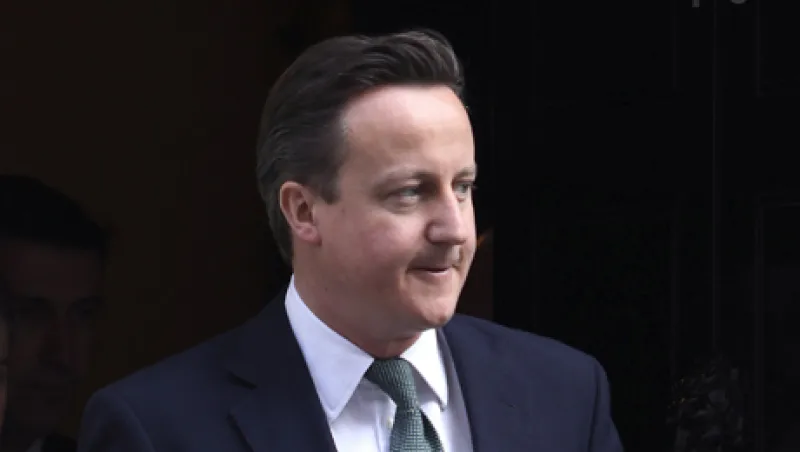To any U.K. equity investors feeling a vague soupçon of optimism, Thursday’s economic news has delivered a powerful corrective.
Final figures for economic output have confirmed that the U.K. returned to recession in the first quarter of last year with a fall of 0.3 percent — putting paid to several rosy economic assessments, when the provisional numbers were published in April, that the slide back into recession would be revised away.
The news came hot on the heels of the announcement that the U.S. and U.K. government had fined Barclays, one of the country’s biggest banks, more than $450 million for trying to manipulate the London interbank offered rate (Libor). Bank shares, their fundamentals weakened already by the persistently bad news about U.K. economic growth, fell across the board on fears that this scandal might spread.
On Thursday the FTSE 100 closed at 5,493 — 0.6 percent down on the day and 8 percent down from this year’s mid-March peak.
Is the underlying economic picture likely to get any better — boosting equity prices by improving the outlook for corporate earnings?
The Bank of England and politicians have engaged in a flurry of activity this month aimed at getting the economy growing again.
The most novel step is the government’s £80 billion ($125 billion) “funding for lending” scheme, announced by Sir Mervyn King, the central bank’s governor. The bank will lend the money to commercial banks, which must pledge to pass it on to businesses and households.
However, companies are unlikely to want to borrow the money unless they see signs of a rise in demand — the current weak point of the U.K. economy. Where could a boost to demand come from?
The household loan part of the funding for lending scheme could provide some support, by increasing the amount of money that families have available for spending. Low wage growth has depressed disposable income, which sank by almost 1 percent in the first quarter. Households responded by reducing their outlays.
However, households look unlikely to ratchet up spending substantially while consumer confidence remains so shaky. Survey figures from GfK NOP show sentiment is gloomier than a year ago and far below its long-run average.
Government expenditure is unlikely to provide much support to demand. Although George Osborne, the finance minister, responded to tabloid newspaper pressure this week by deferring a rise in petrol tax, he is unlikely to do more for family budgets for fear of falling foul of his exacting fiscal targets. This is particularly so since May’s public finance figures show an increase in borrowing because of weak growth in tax revenue. “The government remains wedded to its fiscal consolidation path,” says Brian Hilliard, U.K. economist at Société Générale.
If internal demand is likely to be weak, how about overseas trade? When the Conservative-Liberal Democrat coalition government came to power in 2010, it declared that Britain would export its way out of recession. But this plan has gone awry — largely because of the crisis in the euro zone, the destination of half the country’s exports. The jewel of the U.K.’s export market is its service sector. However, service-sector exports plummeted by 4.5 percent in the first quarter.
The lack of mechanisms available to bolster demand bats the ball back into the Bank of England’s court. Can it think up any tools to prop up spending?
After a long period of unconventional measures, one of the most effective measures might be the most conventional of all — a further reduction in the bank’s benchmark interest rate. At only 0.5 percent it is already the lowest in the bank’s 318-year history. However, the opportunity to go further still has recently strengthened.
U.K. consumer price inflation fell 0.2 percentage points to 2.8 percent in May, helped lower by a fall in commodity prices. The number has considerably lightened the pressure on Sir Mervyn, since for the first time in two years inflation is less than 1 percentage point above its 2 percent target.
George Buckley, U.K. economist at Deutsche Bank in London, thinks a 25 basis point (bps) cut “is certainly not off the table in the coming months,” in an environment of easing pricing pressure.
A halving of the bank’s interest rate could boost consumer spending by reducing the cost of mortgages and other debts. But how much of a difference a reduction of 25 bps would make is open to question.
Also, it would incentivize the banks to increase their leverage by borrowing money cheaply — storing up potential financial market problems in the future. Sir Mervyn is contemplating a relaxed retirement in a year’s time, but he will be reluctant to bequeath to his successor more than the existing number of unexploded bombs already strewn across the U.K.’s financial landscape.






